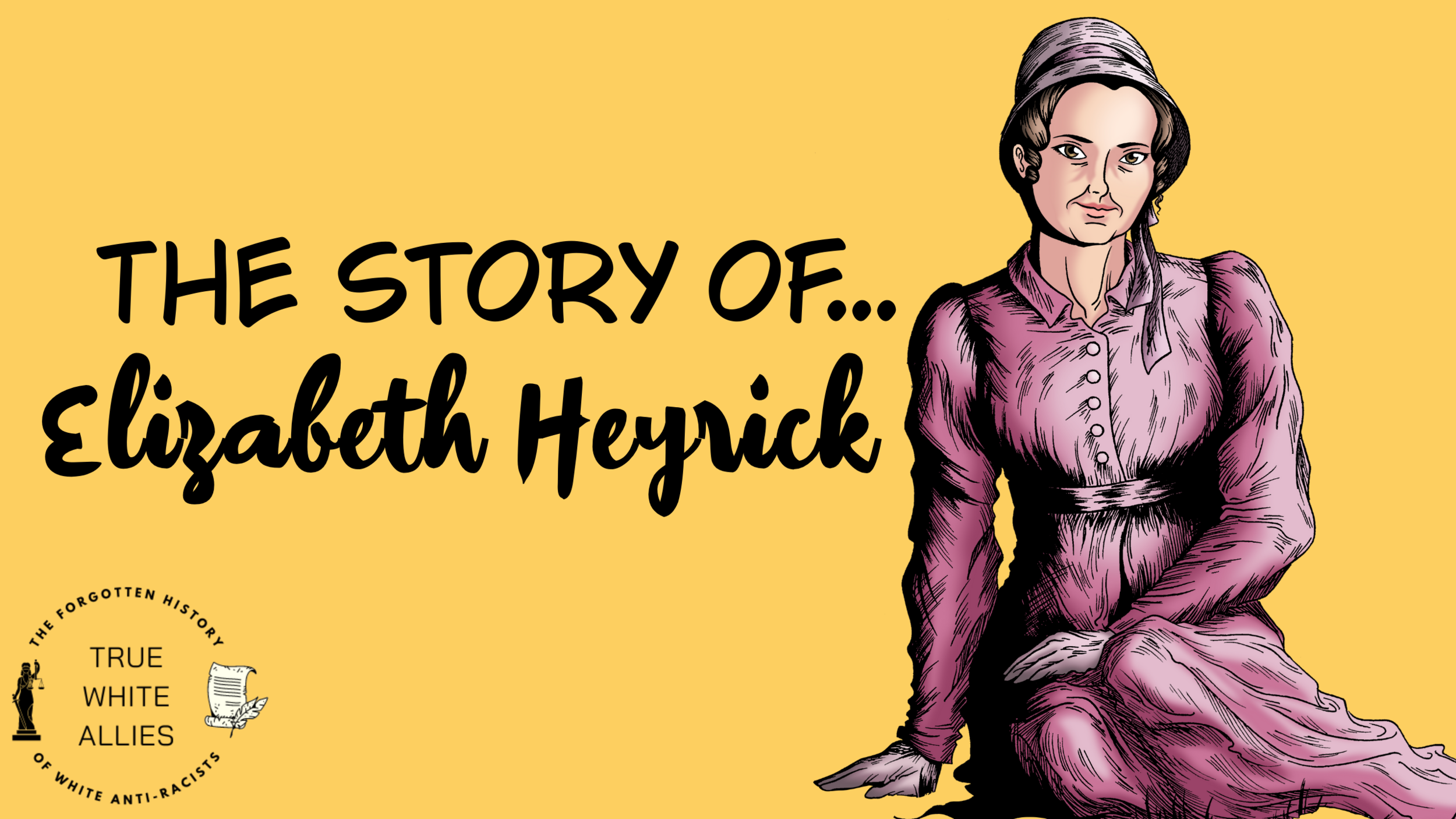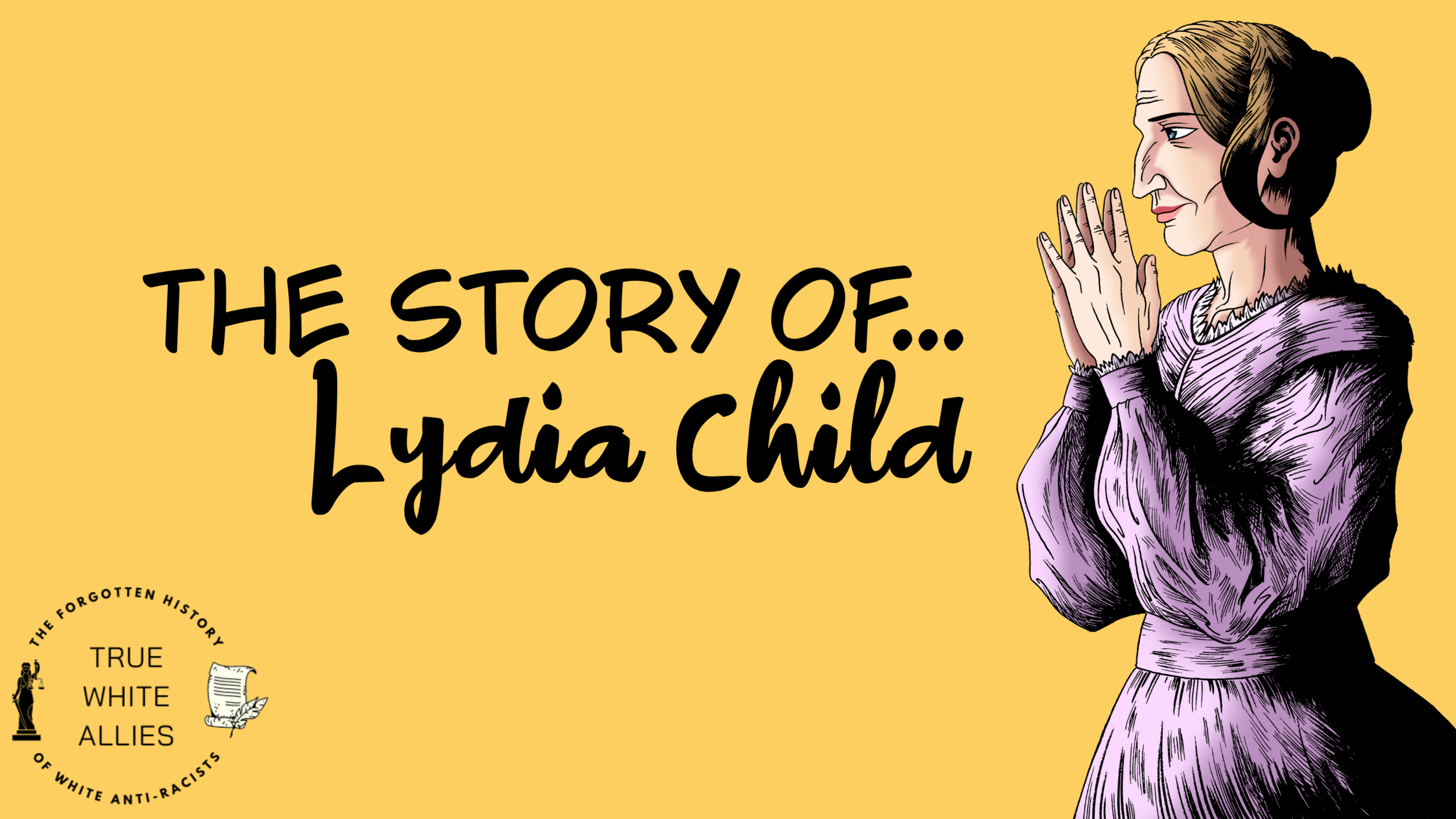The Story of Anthony Benezet
How To Be An Anti-Racist Ally
Sometimes the stories of remarkable people throughout history get obscured or forgotten. But we’re passionate about uncovering the histories of true white allies and anti-racists who have fought to end discrimination and uplift Black and Brown people.
That’s why today, we’re talking about Anthony Benezet. He was an 18th-century teacher who believed that all Black people should receive a comprehensive education. Remember, this was at a time when slavery was commonplace. Black people were treated as unintelligent and incapable of learning, but Benezet knew better. That's why he can teach us a lot about how to be a true ally.
Who was Anthony Benezet?
Anthony Benezet was born into a rich Huguenot (French Protestant) family in St. Quentin, France, in 1713. Huguenots faced discrimination and even persecution from the Catholic majority in the country, so the Benezet family fled to the Netherlands and then England when he was just two years old.
They eventually settled in Pennsylvania in 1731, and soon after, Anthony converted to the Quaker faith. He married a Quaker minister called Joyce Marriot (even back then, the Quakers allowed female ministers. How cool is that?). With his wife’s support, he decided to become a teacher.
Benezet believed education was of the utmost importance and wrote books about the subject. Starting in 1750, he held classes for Black people in his home and even founded a secondary school specifically for girls.
He didn't want to leave anyone out, so he designed special education programs for students’ specific needs, including a girl with hearing and speech impairment. He knew how to be anti-racist at work, and he was intersectional when tackling inequality, even when social pressure told him to be otherwise.
Anthony Benezet used his privilege to help marginalised groups
Anthony Benezet wasn’t just a true white ally to Black people – he was their friend. He knew many people in the Black community in Philadelphia, and he championed their right to go to school. He convinced his Quaker brethren to build a free school for Black people and became one of the teachers.
He wasn’t just a teacher, though. Benezet was also a fierce abolitionist who campaigned against slavery, challenging the idea that Black people were inferior and less intelligent than white people.
“I am bold to assert that the notion entertained by some, that the Blacks are inferior in their capacities is a vulgar prejudice, founded on the pride or ignorance of their lordly masters, who have kept their slaves at such a distance, as to be unable to form a right judgment of them.”
Benezet wrote a letter to Queen Charlotte, King George III’s wife (who many people believed was part-African), asking her to consider the plight of enslaved people. He also stated his belief that God would punish any country that allowed such behaviour. In one of his subsequent books, he said without the demand for slavery, the custom would cease to exist.
“Without purchasers, there would be no trade; and consequently, every purchaser as he encourages the trade becomes partaker in the guilt of it”
Anthony Benezet founded the Pennsylvania Abolition Society.
In 1775, Benezet founded one of the first abolitionist groups in America. It still exists to this day - it’s called the Pennsylvania Abolition Society. That said, let’s be cautious about giving Benezet too much credit for this, as the society didn’t admit any Black members until 1842 (a man called Robert Purvis).
Remember – if you’re going to start an organisation to help a group today, make sure you include members of that group. In most cases, it’s better to join an existing group led by community members!
When Benezet died in 1784, he left some of his estate for education for Black and Native American people.
How was Anthony Benezet a True White Ally?
Anthony Benezet knew that education is power. He believed that denying Black and Brown people education was morally wrong, and he opened schools specifically for them. He went one step further to ensure that girls got an education. That’s some early understanding of intersectionality!
Benezet wasn’t perfect and should have included Black members in the Pennsylvania Abolition Society. He should have ensured they were in positions of power and followed their lead. We’ll never know why this didn’t happen, but for the mid-18th century, he was ahead of his time.
Quick Takeaways – How to Follow Anthony Benezet’s Example
Spend time with people from different communities – Staying in our communities and friend groups is easy. But if you want to follow Anthony Benezet’s example, you must spend time with people from different groups. That’s the only way you can only understand their genuine grievances and learn how to best support them.
Get involved – but don’t try to take charge – When you get engaged with different communities, don’t jump in and try to take control of the situation. You might have good ideas, but you must sit back and follow their lead. Similarly, don’t expect credit just for being there. Organizing and being a true white ally is the least you can do!
Don’t expect Black people to educate you – During Anthony Benezet’s time, there was no Google! However, today we have access to all of the information in the world at our fingertips. So don't put the burden of your education on people who face racism. True allies own their education – do your research. If you want to ask questions, ensure that it is an appropriate time and that the other party is receptive.
Do you want more examples of allies in everyday life? Do you want support on how to be an ally for diversity and inclusion? Click here to learn how we can help you to be anti-racist in the workplace.



